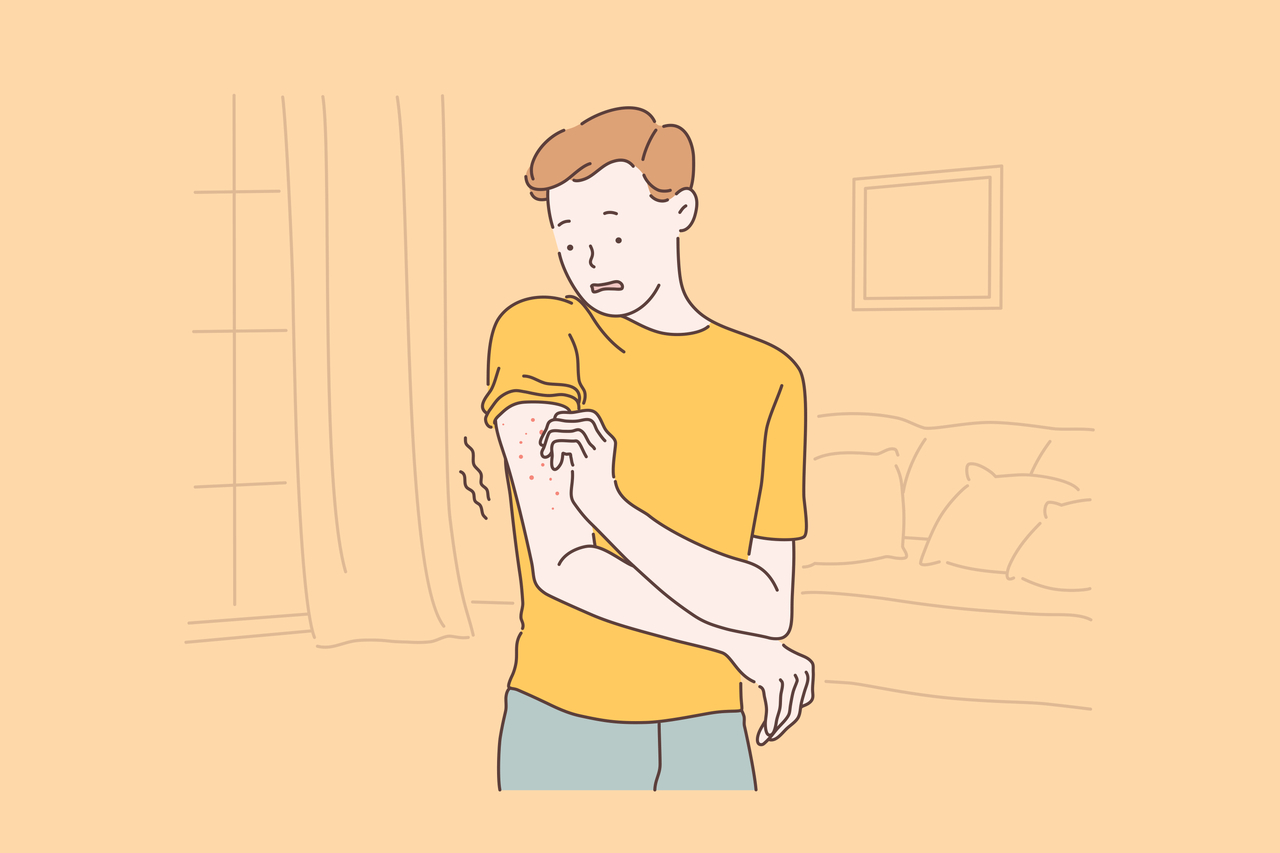Did you know that you can live comfortably with asthma? Asthma refers to a lifetime medical issue that results in many conditions such as swelling, inflammation, and lung sensitivity. All of these conditions lead to shortness of breath. You can manage and treat asthma symptoms even though it does not have a cure.
You will live a normal and healthy life if you undergo the correct asthma treatment. To live with asthma comfortably, you can use both home remedies and medications. To find out more about treatments and home remedies for asthma, please search for ways to live comfortably with cancer. Here are some of the key ways to live comfortably with asthma.
Try Various Types of Medications
People living with asthma tend to try various medications to manage the symptoms. The medications are categorized into two: rescue medications and controller medications.
Controller medications prevent asthma signs and symptoms by minimizing inflammation and stiffness in the air paths. Irrespective of the symptoms you are experiencing, you should take the medications daily. Rescue medications provide instant relief for signs and symptoms such as coughing, difficulty breathing, and wheezing.
You might require to use a mixture of rescue and controller medications to manage asthma. Discussed below are some of the different types of popular rescue and controller medications.
Leukotriene Transformers
Leukotrienes refer to substances found in your body that causes asthma attack by binding muscle cells, resulting in the muscles’ contraction. Leukotriene modifiers inhibit the muscles’ contraction by preventing the muscle cells from binding and inhibiting leukotrienes production. The medication might not have an instant effect on the symptoms; however, it may result in gradual improvement after some time.
Inhaled Corticosteroids
Inhaled corticosteroids are among the most common and efficient asthma treatment options. Inhaled corticosteroids fall within the category of controller medication and are consumed daily using an inhaler to prevent and minimize inflammation. Corticosteroids may help to alleviate symptoms like wheezing and coughing and minimize the occurrence of asthma attacks.
Tiotropium
Tiotropium refers to controller treatment that helps in breathing regulation and reduction of wheezing. Tiotropium functions as a bronchodilator and inhibits muscles from contracting around the paths that the air goes through. You may not experience the full effects for several weeks; hence, tiotropium is not a good option if you are looking for short-term alleviation signs. This medication is commonly prescribed for individuals who have severe asthma, and they should consume it daily along with an inhaler.
Respiratory Thermoplasty
This refers to a procedure that remedies severe asthma in grown-ups. Respiratory thermoplasty is the only non-drug treatment approved for serious asthma, and it reduces symptoms in individuals who have not healed with other drugs. At the time of the procedure, the surgeon will insert a flexible pipe in the airway via the mouth or nose. The tube will then use radiofrequency energy to minimize the level of smooth muscle found in the airway. After three sessions of around one hour each, bronchial thermoplasty will be over.
Long-Acting Beta-Agonists
These are a kind of bronchodilator. Long-acting beta-agonist medications force muscles found near the airways to calm down, making breathing very easy. While short-acting inhalers are rescue treatments and are only used when there is an emergency, the impacts of long-acting inhalers may last for around 12 hours. These medications are typically utilized as controller medication and are consumed twice every day using an inhaler.
Biologics
Some individuals do not respond to other asthma treatments or inhaled corticosteroids; however, biological drugs might work differently. Biologic medications aim at the particular substances that result in asthma, while most asthma treatments only treat the symptoms. Normally, biological medications are only administered to individuals with serious asthma and have not experienced successful treatment with the other traditional methods.
Try the Following Home Remedies
Even though medications are the most dependable way of dealing with lifelong asthma signs because the doctor who knows your asthma prescribes it, there are home remedies that offer relief. Here are some of the DIY or natural remedies that you can try.
Ginger
Ginger relaxes your smooth muscle found in the airways, which stops asthma attacks and makes breathing easy. Your lungs have an enzyme called PDE4D, which hinders your muscles from relaxing when an asthma attack occurs. Ginger may prevent PDE4D from affecting your airways and muscles, so taking ginger might ease the signs and symptoms.
To know precisely the way ginger cures or treats asthma, they will need to perform more research. Even though ginger is a perfect home remedy for use and other medications, you ought to use the doctor’s treatments in case of an asthma attack.
Breathing Exercises
Asthma causes stale air to build up in the lungs and hinders the body from getting enough oxygen. Breathing exercises assist you in getting rid of this stale air and raise the oxygen levels. They may also strengthen the diaphragm, which makes the lungs to be more efficient.
Belly breathing and pursed-lip inhalation are the most helpful breathing exercises for asthma. Breathe in via the nose and out via the mouth with tightened lips to perform pursed-lip inhalation. Ensure that you exhale two times as long as the inhale. To exercise belly breathing, breathe in via the nose, relax the shoulders and neck, and let the belly stock up with air. You may put a hand on the stomach to feel its movement.
Asthma Medication Can Assist You to Live Comfortably
Asthma may take a severe toll on your life quality if you do not take any medication. Most individuals experience little or zero symptoms if they take prescribed medications and the above-stated home remedies. Luckily, there exists a wide range of medications that treat asthma. You and your physician should try and find a successful medication plan.
It is also a great idea to be aware of the current research. We suggest that you compare a minimum of 3 or 4 choices before making a decision. Perform an online search because it is quick and thorough. The search will help you to discover the advantages and disadvantages of the treatment you choose.








